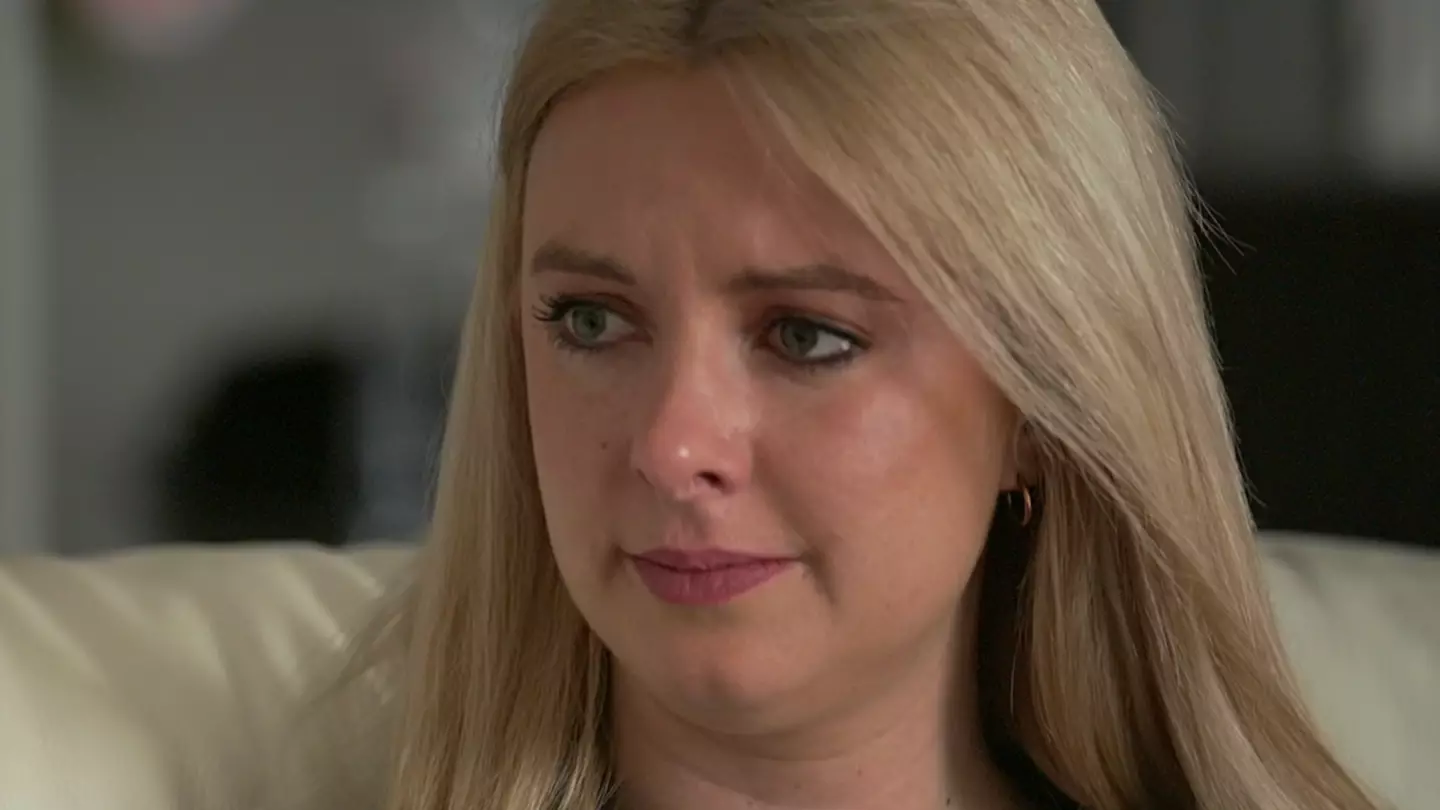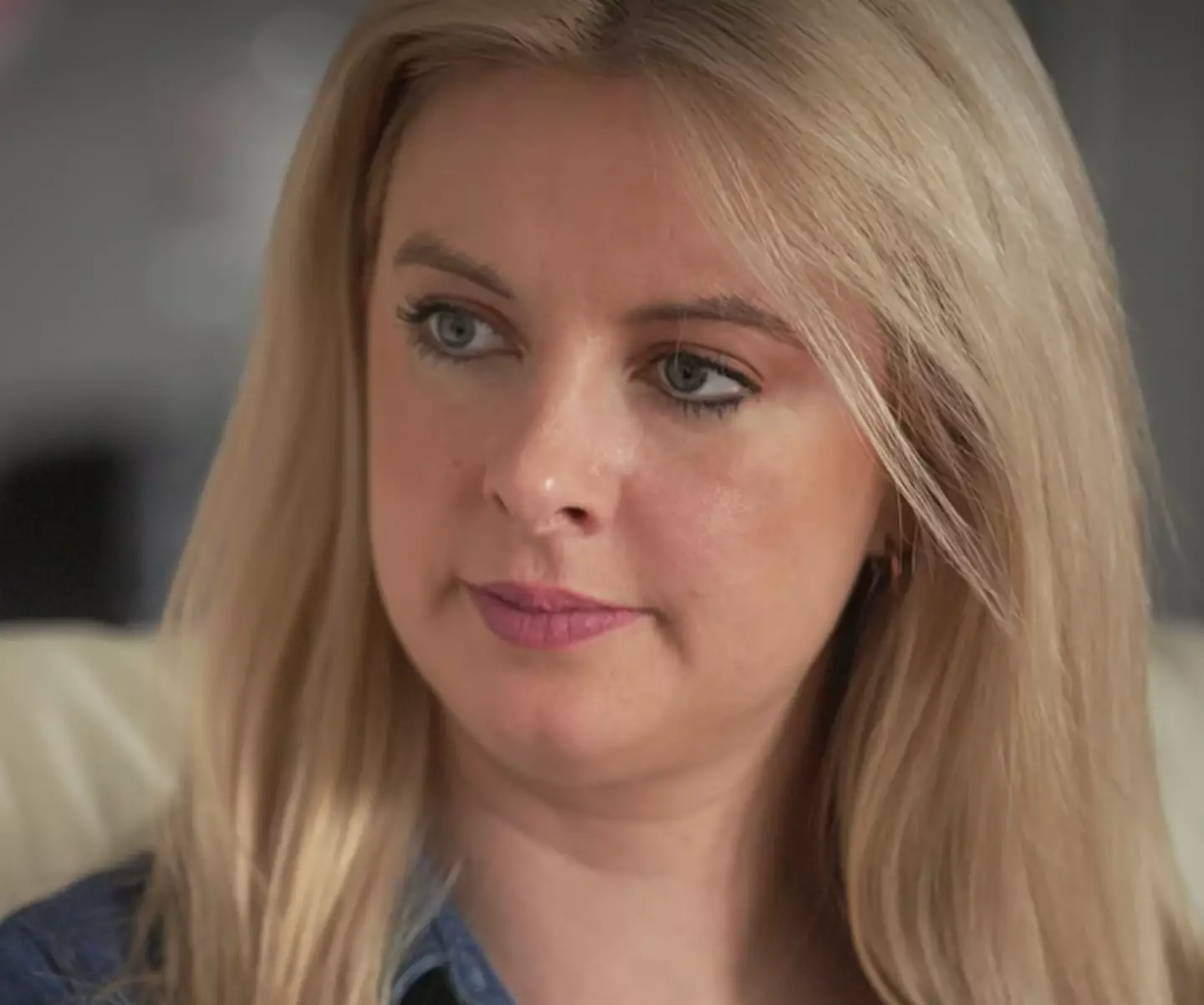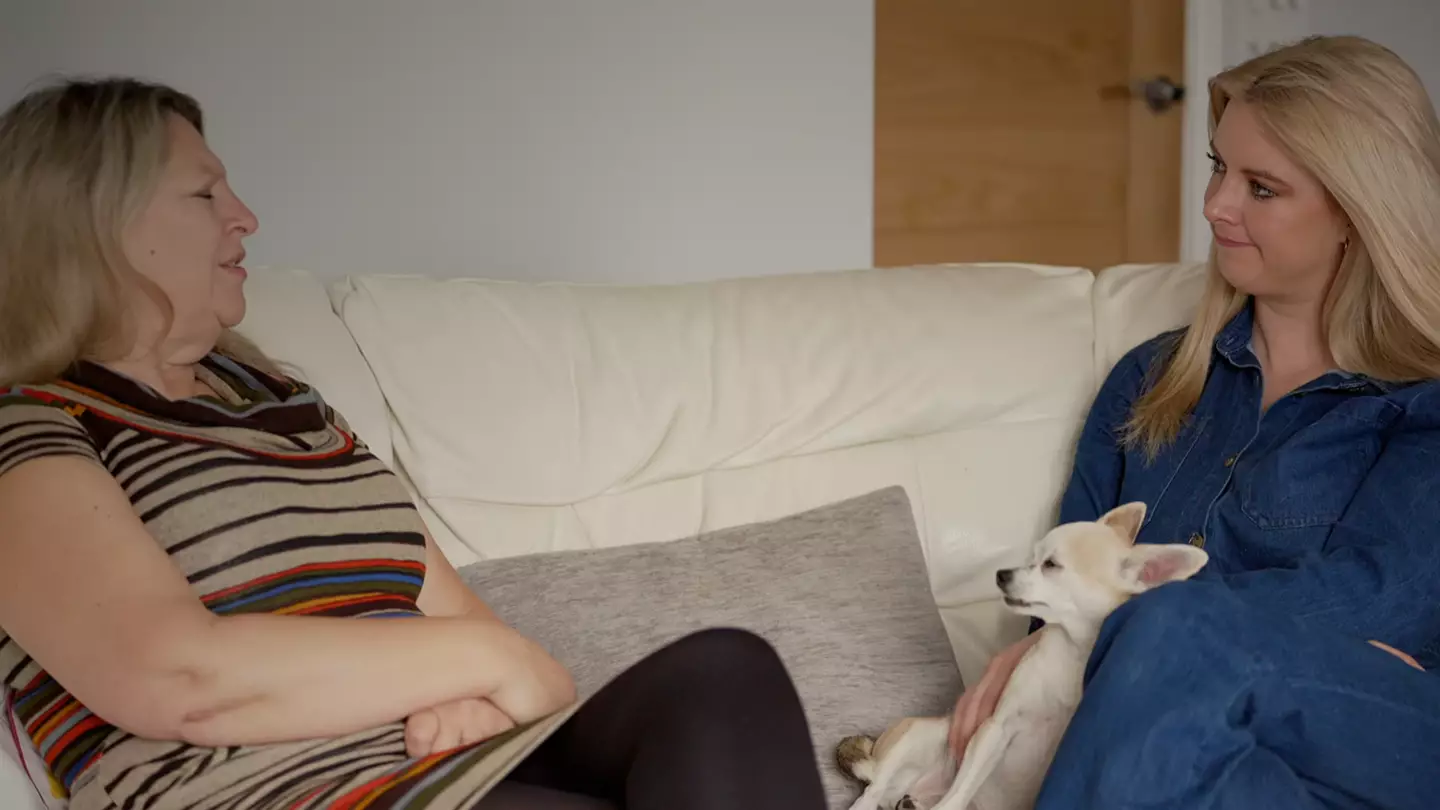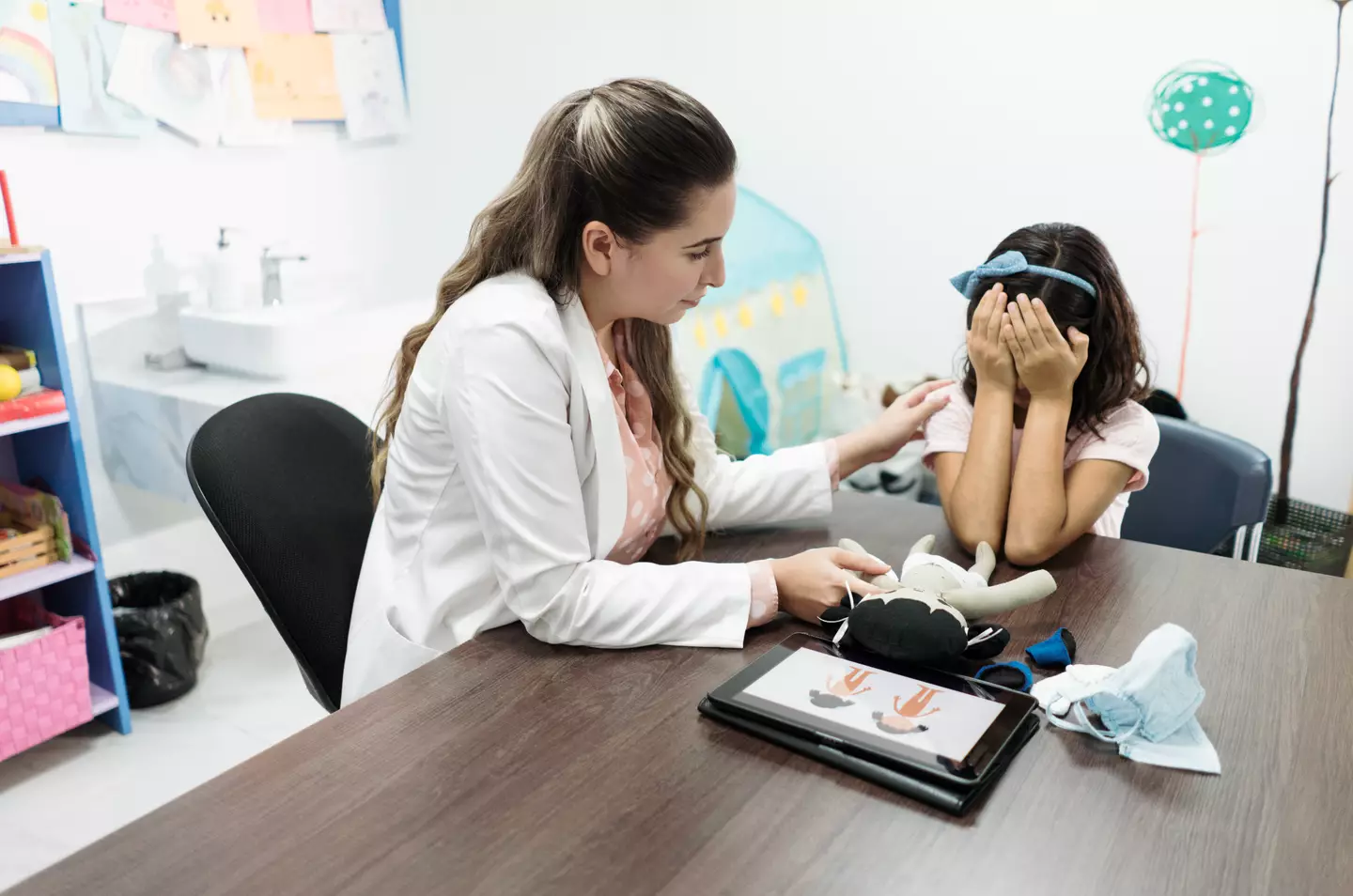
Warning: This article contains discussion of child sex abuse which some readers may find distressing
An expert has spoken on what the red flags of child sex abuse are as a documentary newly added to Netflix has seen a victim speak out at her abuse going unnoticed for 16 years.
Emily Victoria, speaking in Channel 4 documentary A Paedophile in My Family: Surviving Dad, revealed that red flags that her dad was abusing her had gone unnoticed, with a friend’s Mum revealing she felt ‘uncomfortable’ around Emily’s father.
Emily was abused from the age of two until she was 18, with her dad sickeningly quitting his job to stay home and abuse her.
Advert
The documentary, which was recently added to Netflix, is a difficult but inspiring watch with Victoria speaking openly about the abuse she suffered.
She has spoken about how, despite her love for her mother, that for a long time she ‘resented’ her due to the fact that her mum missed the signs she was being sexually abused.
What are the red flags that can indicate a child is being abused?
Dr. Nicol Stolar-Peterson, Child Protection Expert Witness and Consultant, spoke exclusively to LADbible where she revealed the red flags that can indicate that a child is being abused, both of the children themselves and of adults.

When it comes to children being abused, Stolar-Peterson said that 'changes in hygiene, being easily startled or having a fear of being touched' can all be red flags that indicate a child is being abused.
In addition to this, she said that children ‘being fearful, self-harming or having suicidal thoughts, shame’ can also be red flags.
She went on to list the following additional red flags: “Avoiding or spending excessive time with a specific adult, irritability, hypervigilance, anxiety, depression, intense fears, clothing changes, or regressive behaviours such as bed wetting, trying to be perfect or obsessive, having sexual knowledge that is not developmentally appropriate.”

In perpetrators, she pointed to ‘a preference for spending time with children over adults, lacking in adult relationships, being disinterest in adult sexual contact, 'spoiling' a child with extra attention, gifts (often age inappropriate), providing alcohol, asking children to keep the secret and other secrets from another adult.’
Whilst these individual red flags are not a guarantee a child is being abused, she said these are red flags to look out for.
She went on to finally add: “Secrecy is the currency of perpetrators. Giving children the ability and the permission to reject unwanted touch by a family member or someone known to the child or the family is one of the best preventative measures a parent can take.
“Studies show that perpetrators are often known to the child and have a pre-existing relationship which indicates to the child that they are more powerful to the child and results in the child assuming they have no other option but to comply with their demands.”
Studies suggest that one in five survivors of child sexual abuse have never told anyone before, with survivors far more likely to tell family and friends than professionals.

The Stop It Now helpline run by the Lucy Faithful foundation also have the following video for recognising signs of CSA in adults and in children
In their guidance, the foundation says: “It is vital that adults and carers understand what to look for if they are concerned about a child and how to open up lines of communication so that they feel they are able to discuss any abuse that might have taken place and how to better protect themselves both on and offline.
“It’s rare for anyone other than the person who has abused a child and the survivor to actually witness abuse taking place; and a child may never come forward and tell you, or anyone else, about it.”
The Centre of expertise on child sexual abuse also stressed in their guidance, which can be read here, the importance of professionals building a full picture before trying to intervene in a situation.
If you’ve been affected by any of these issues discussed in this article or want to speak to someone in confidence regarding the welfare of a child, contact the NSPCC on 0808 800 5000, 10am-8pm Monday to Friday. If you are a child seeking advice and confidential support, call Childline for free on 0800 1111, 24/7. You can also contact Stop It Now for confidential support on 0800 1000 900.
Topics: Netflix, Mental Health, Channel 4, TV and Film, Documentaries, TV